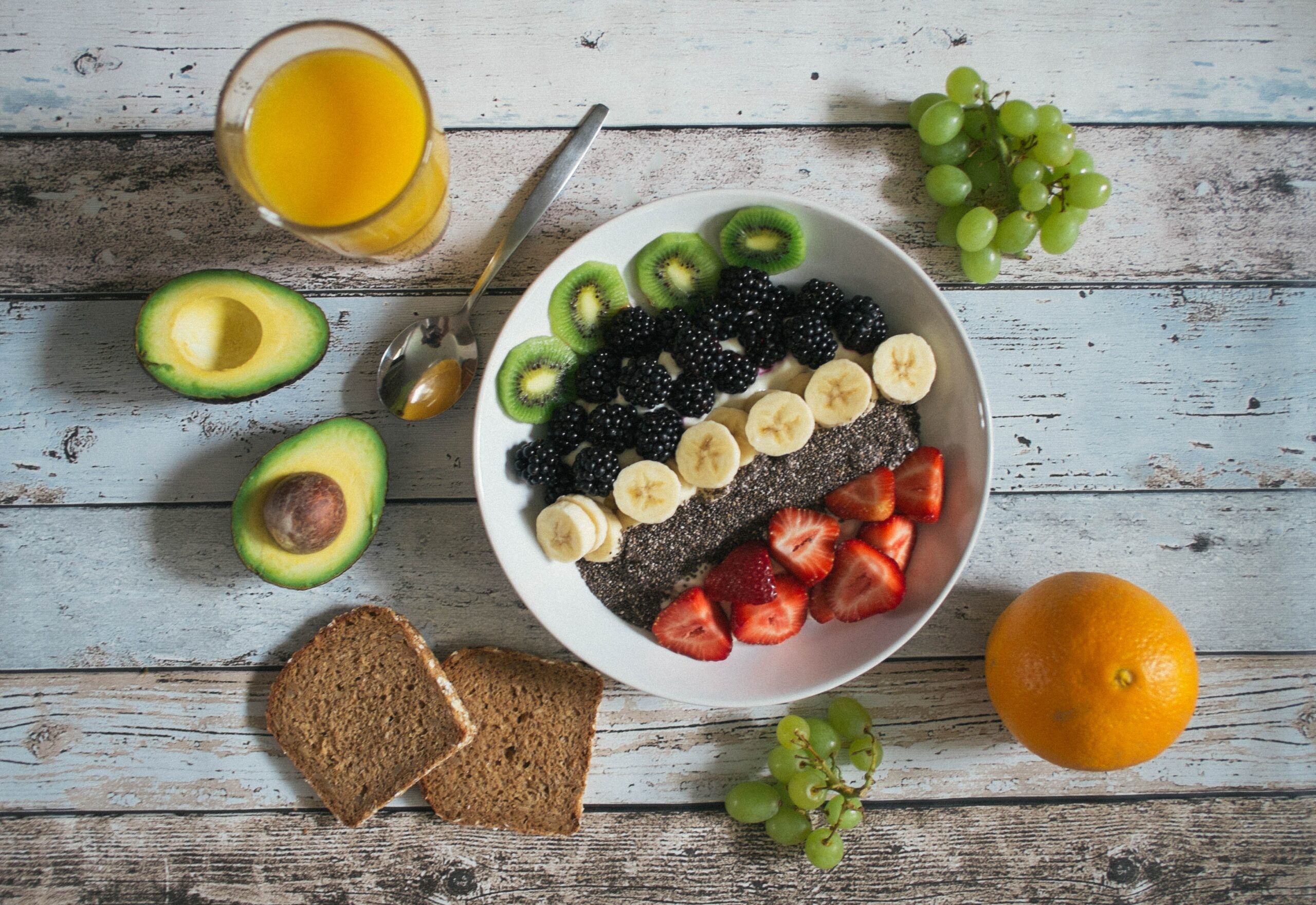More consumers than ever are making healthier choices this January.
So what are brands doing to match current consumer demand and anticipate long-term changes?
Are you doing Dry January? What about Veganuary? Well, if you are, you’re joining millions of others.
As you’re probably aware, the new year always brings health and wellbeing to the forefront of the consumer goods market. This year, popular wellness challenges like Veganuary and Dry January have seen record numbers of sign-ups.
Up from a then-record breaking 8 million signups in 2022, almost 9 million people have pledged to take part in Dry January 2023. This includes almost 60% of respondents to a poll of our own followers.
Meanwhile, a person was signing up to take part in Veganuary every 2.4 seconds as we headed into January.
Taken all together, this represents a significant portion of Britain’s adult population and shows the impact that health-focused products and movements can have
How supermarkets are handling the January health kick
The onset of January sees supermarkets having to make space for larger displays of plant-based foods and low-and-no alcohol drinks options.
Many of these products will continue to enjoy popularity long after the end of the month, as these movements usually trigger the consumer’s interest in veganism, low-alcoholic beverages, and much more
More and more brands are using January as an opportunity to release new product lines. And, this year, the Veganuary offering in particular is impressive.
ALDI’s Veganuary Range
Aldi, which has been named the cheapest UK supermarket for the seventh month running, is just one of the UK’s Big Four supermarkets offering more for their plant-based customers. This year, it’s launched its biggest Plant Menu range to date. Products start from as little as 99p and include meat-free hoisin duck and pork-free sausages.
Tesco’s Plant-based range
And, in a move that’s sure to keep its majority market share happy, Tesco has also extended its plant-based range. The Tesco Plant Chef range now includes five new frozen offerings, including fish-free goujons and no-chicken breasts.
Veganuary in UK supermarkets
Others, including Asda, M&S, and Morrison’s, have introduced their own plant-based lines in time for Veganuary too.
Many are also selling new ranges from big-name FMCG brands, including Cathedral City and Heinz.
Given that 80% of Veganuary participants go on to eat significantly less meat after completing the challenge, the introduction of more and more vegan options is smart from both a long- and short-term perspective.
Dry January’s low-and-no alcohol options
Recent years have seen a rise in demand for low-and-no alcohol options. Last Dry January, for example, sales were up almost 30% YOY. It’s fair to assume that the same will be seen this year.
And it’s not just during Dry January that fewer people have been drinking the hard stuff.
Since 2021, low-and-no alcohol sales have skyrocketed by 48%.
Resultantly, new options keep appearing in supermarkets, as well as in pubs, restaurants, and fridges at home.
People’s reasons for substituting an evening glass of wine or end-of-the-week beer will vary. However, health and wellbeing is consistently one of the most common factors.
Will healthier habits stick in 2023?
Healthier habits are here to stay.
To keep up with the uptick in demand for plant-based and low-and-no alcohol products, FMCG brands must continue to innovate.
Want to keep your product offering competitive, or make your brand more appealing to new audiences? You’ll need top talent with relevant experience.
As consumer product recruitment experts, we keep up with the sector trends and innovation – always positioning your business as an employer of choice!
Contact us today for access to talent that can strengthen your brand’s positioning…
Call us: 0333 772 7200





